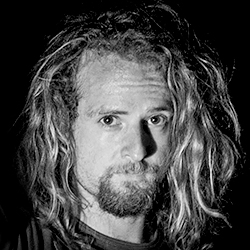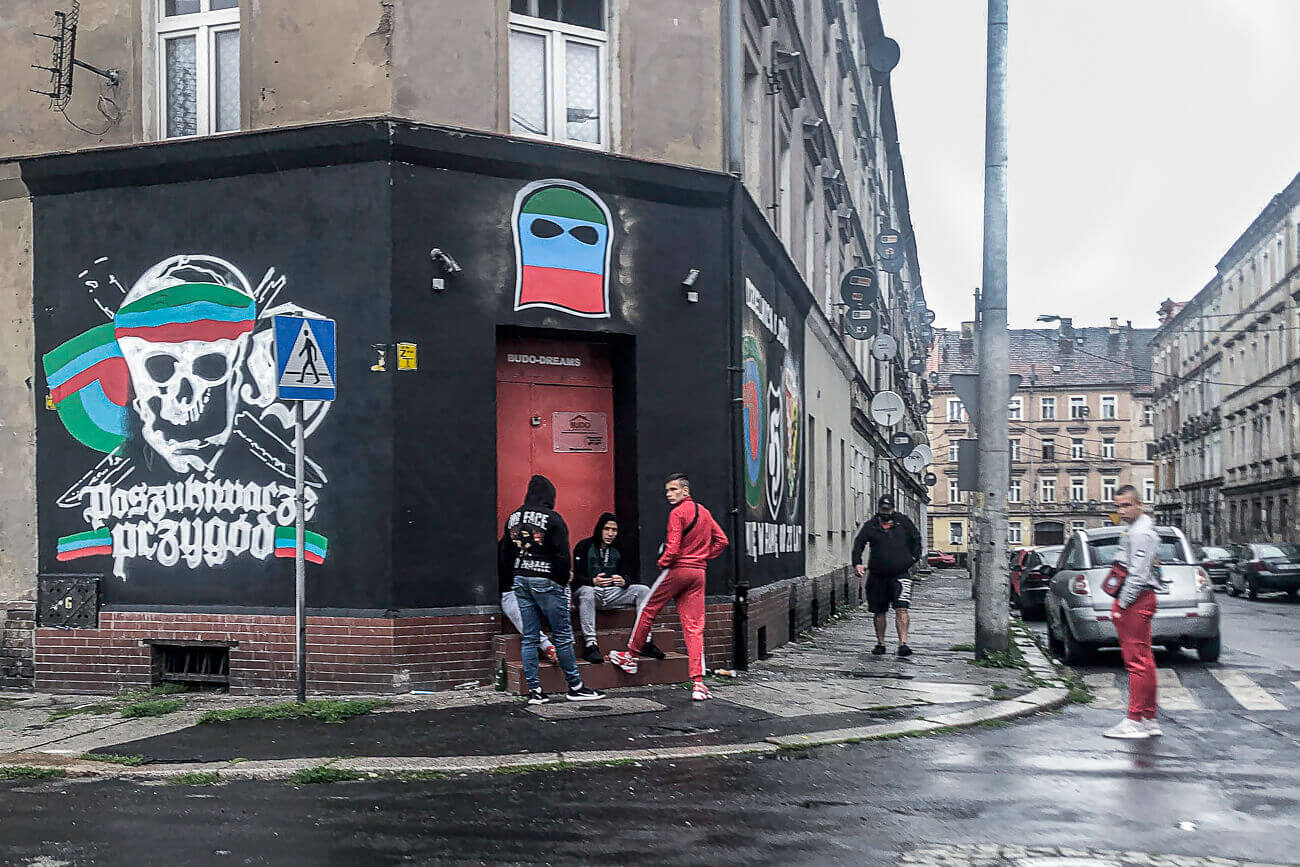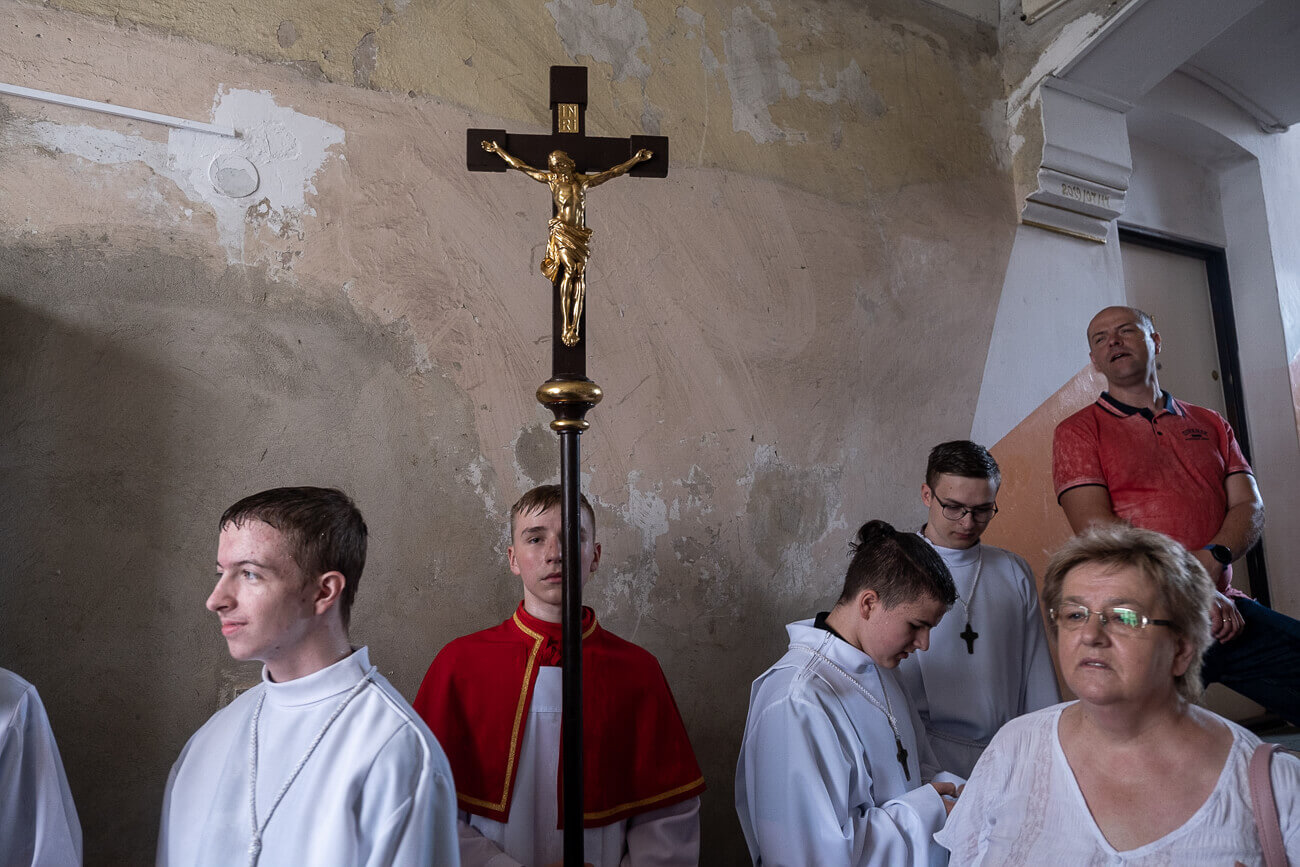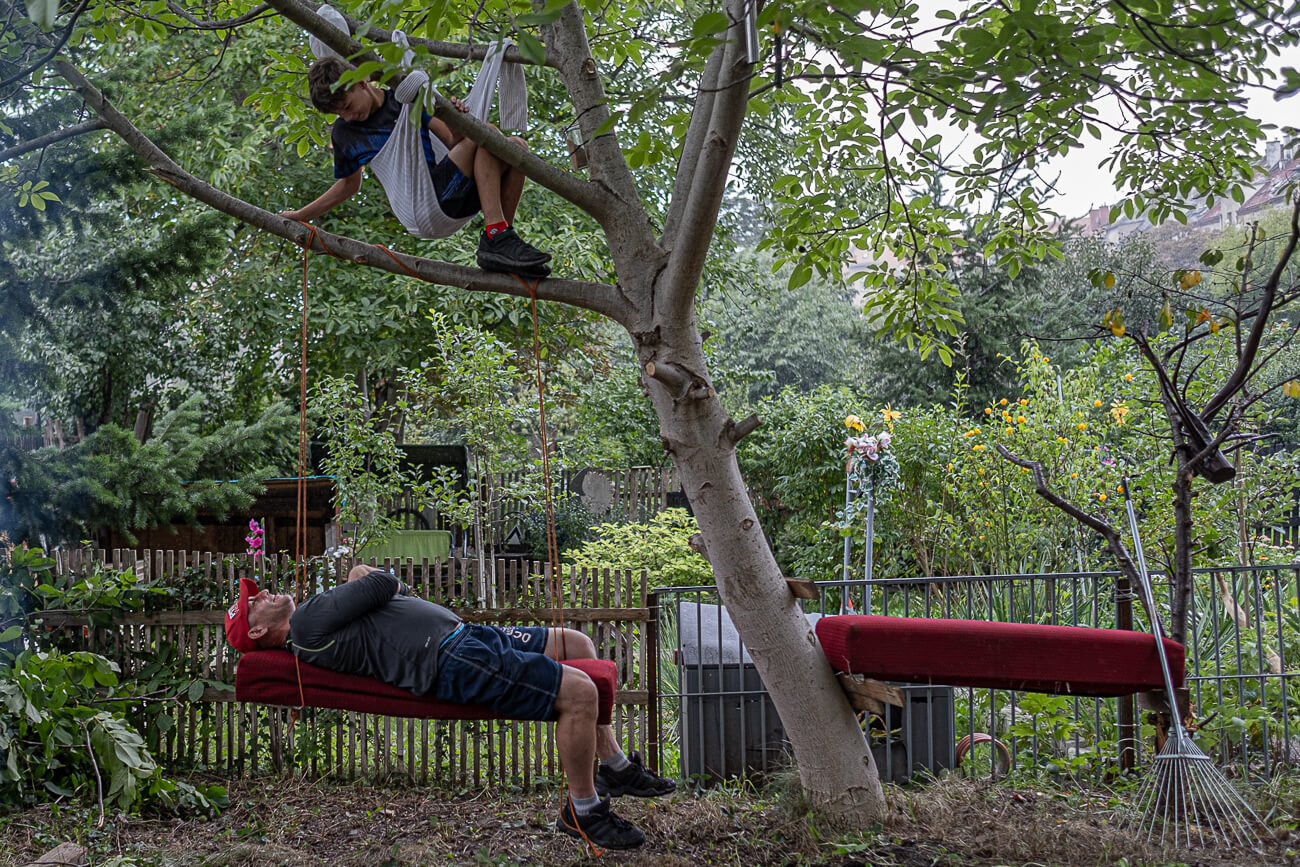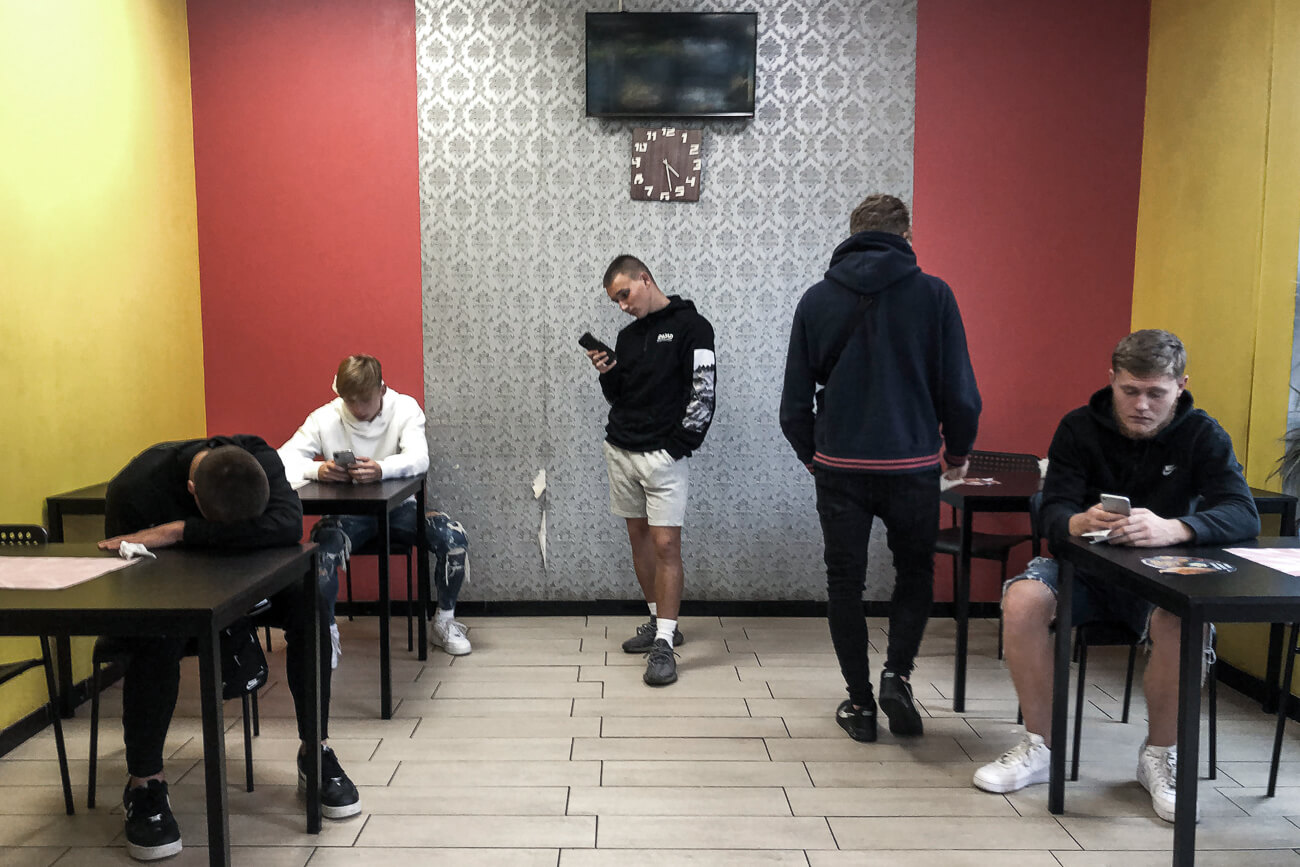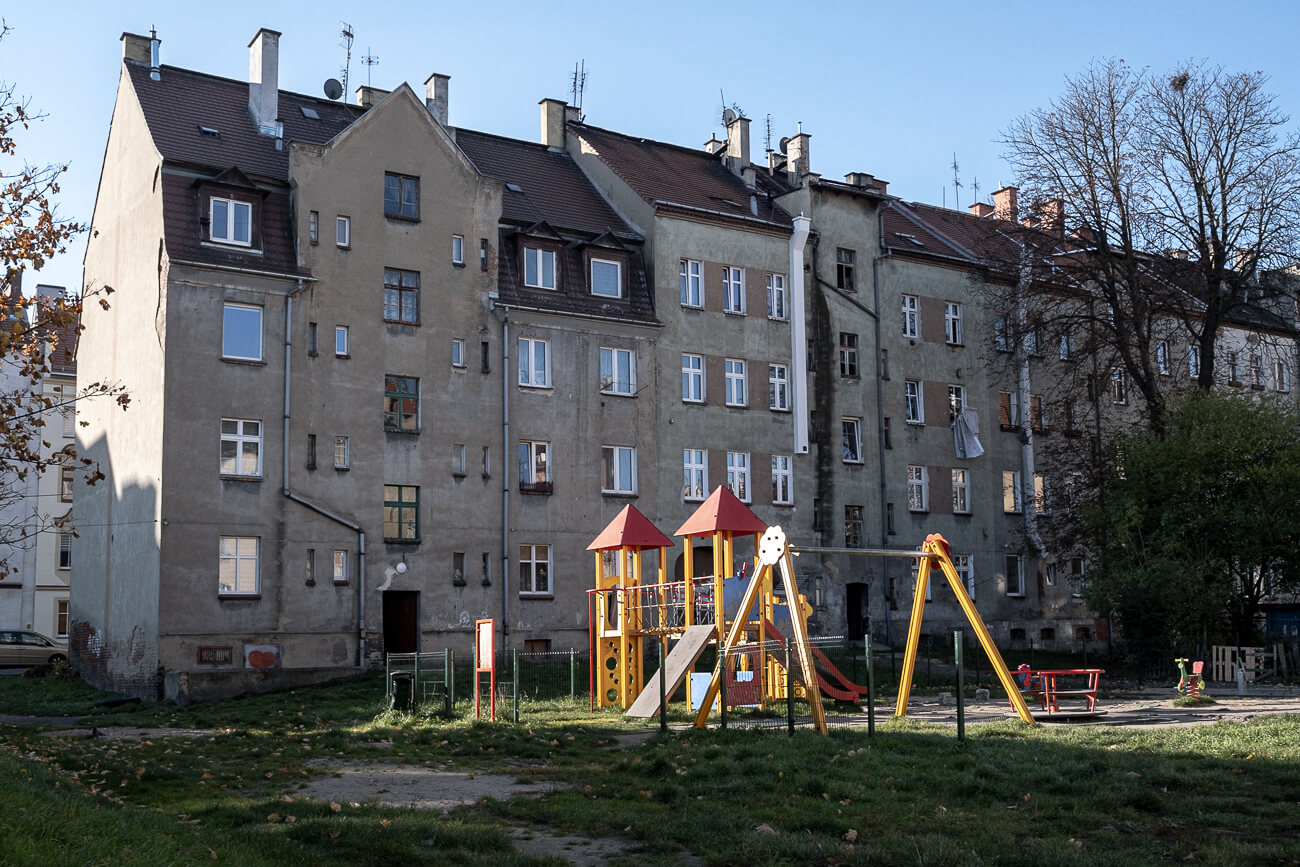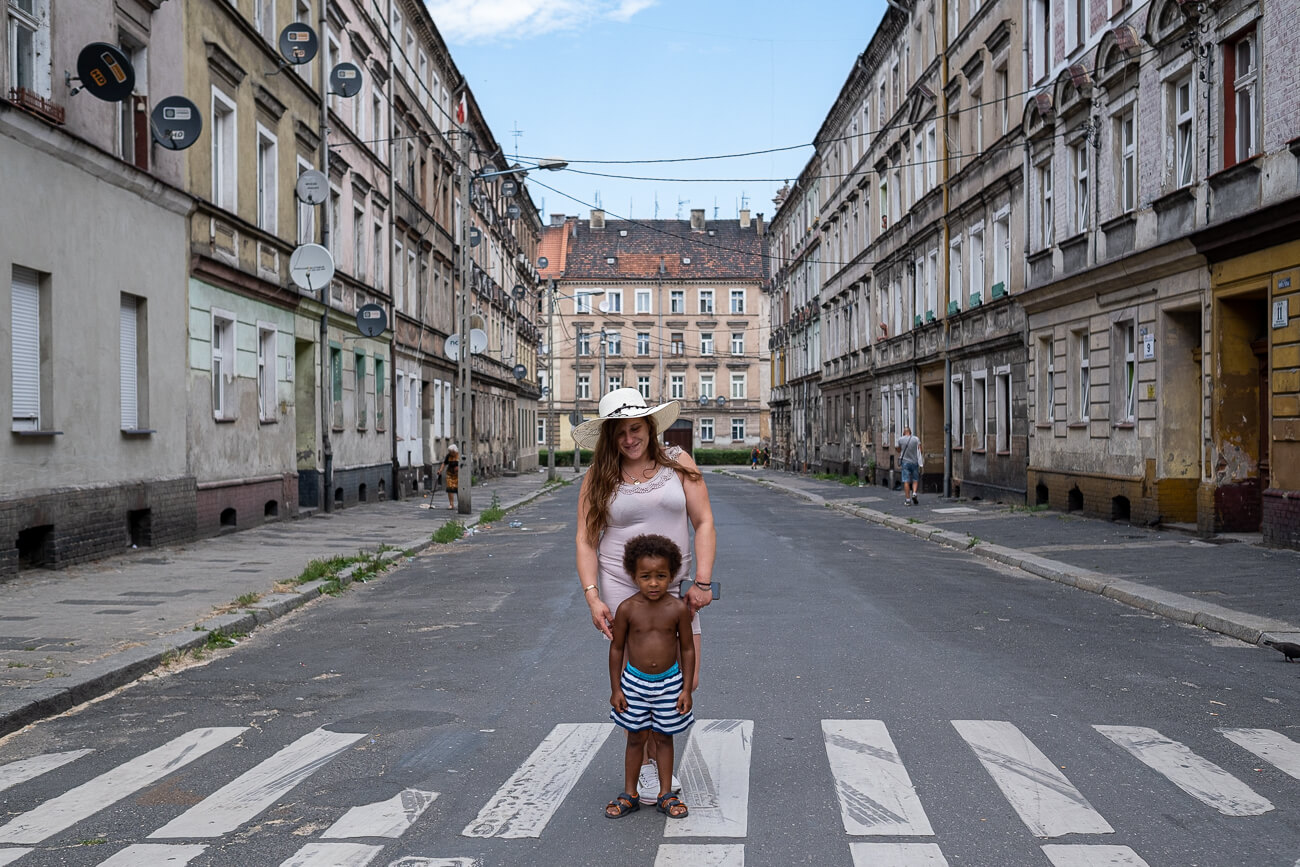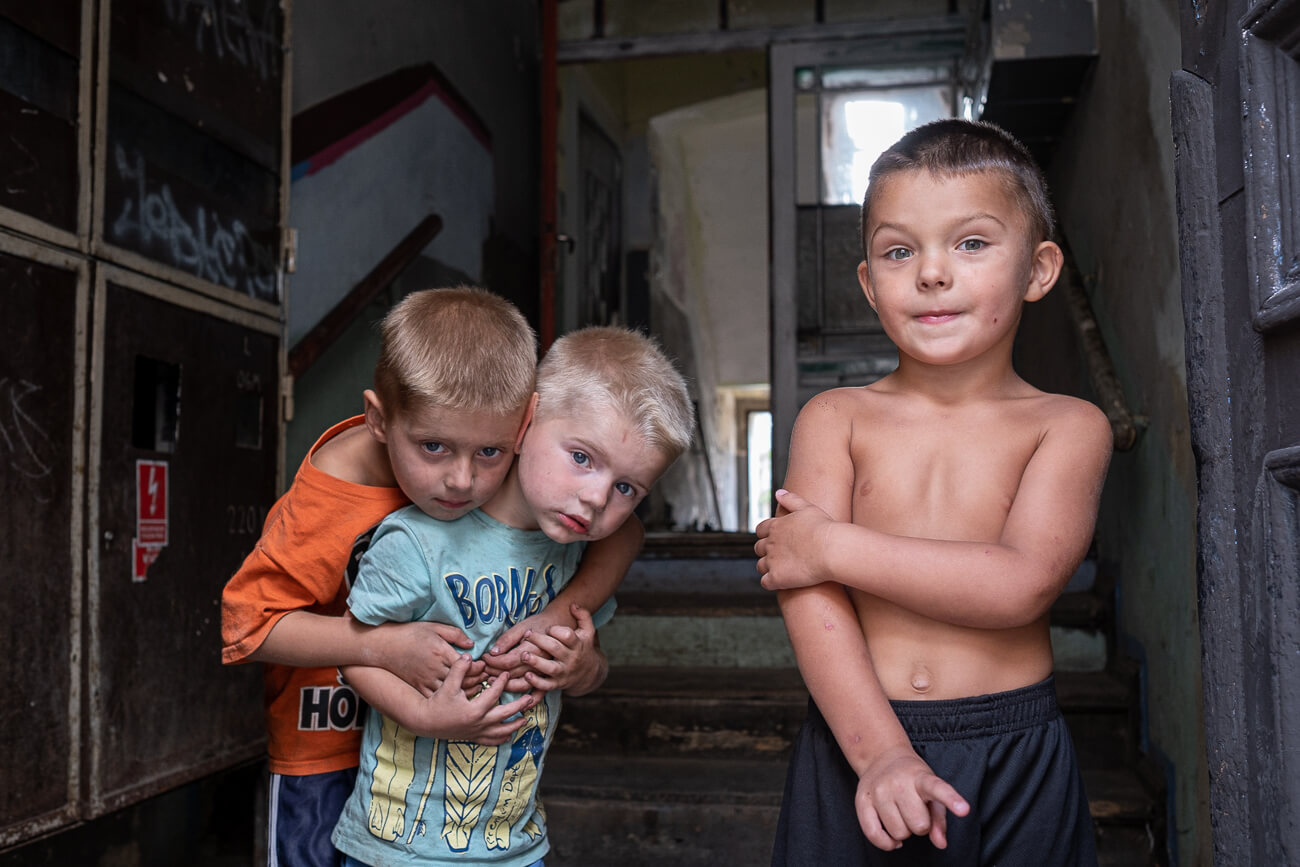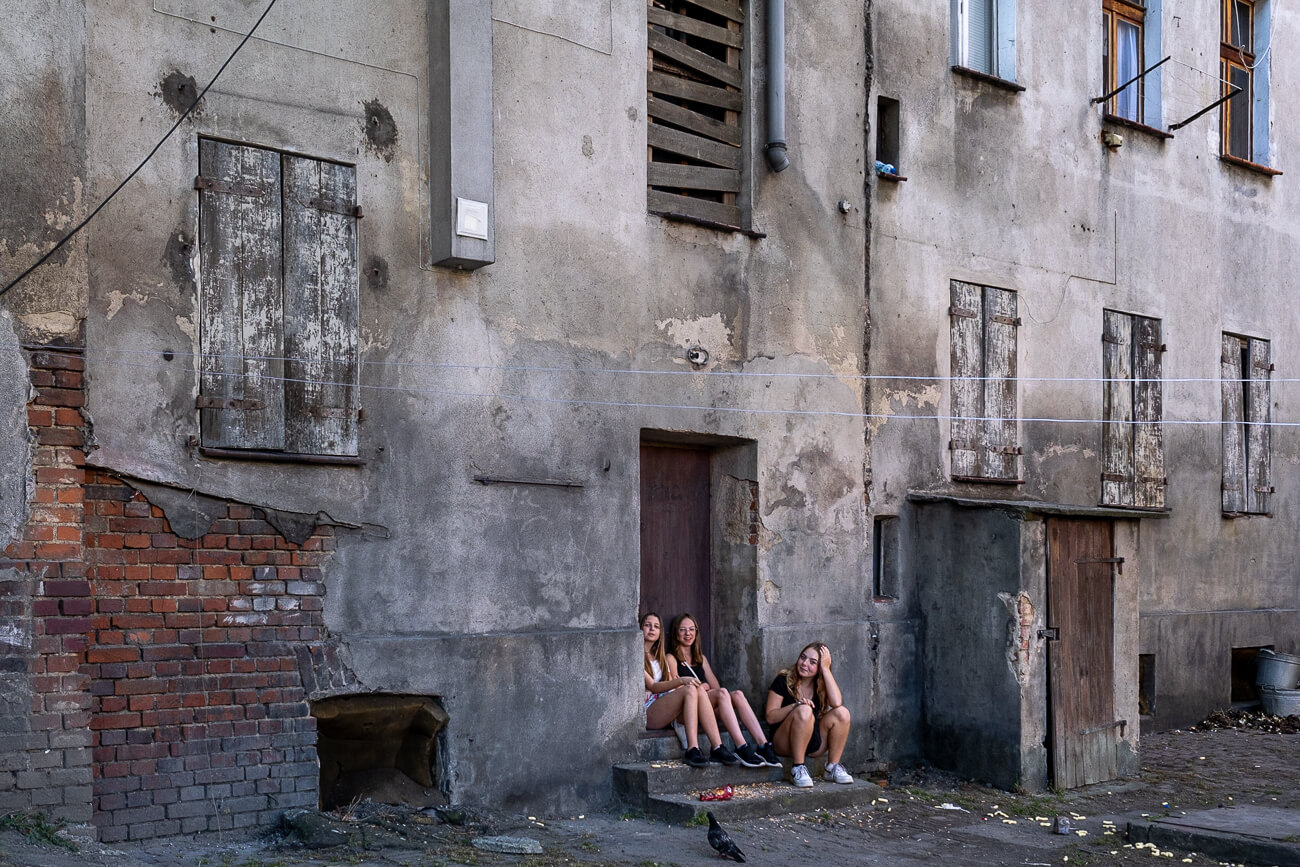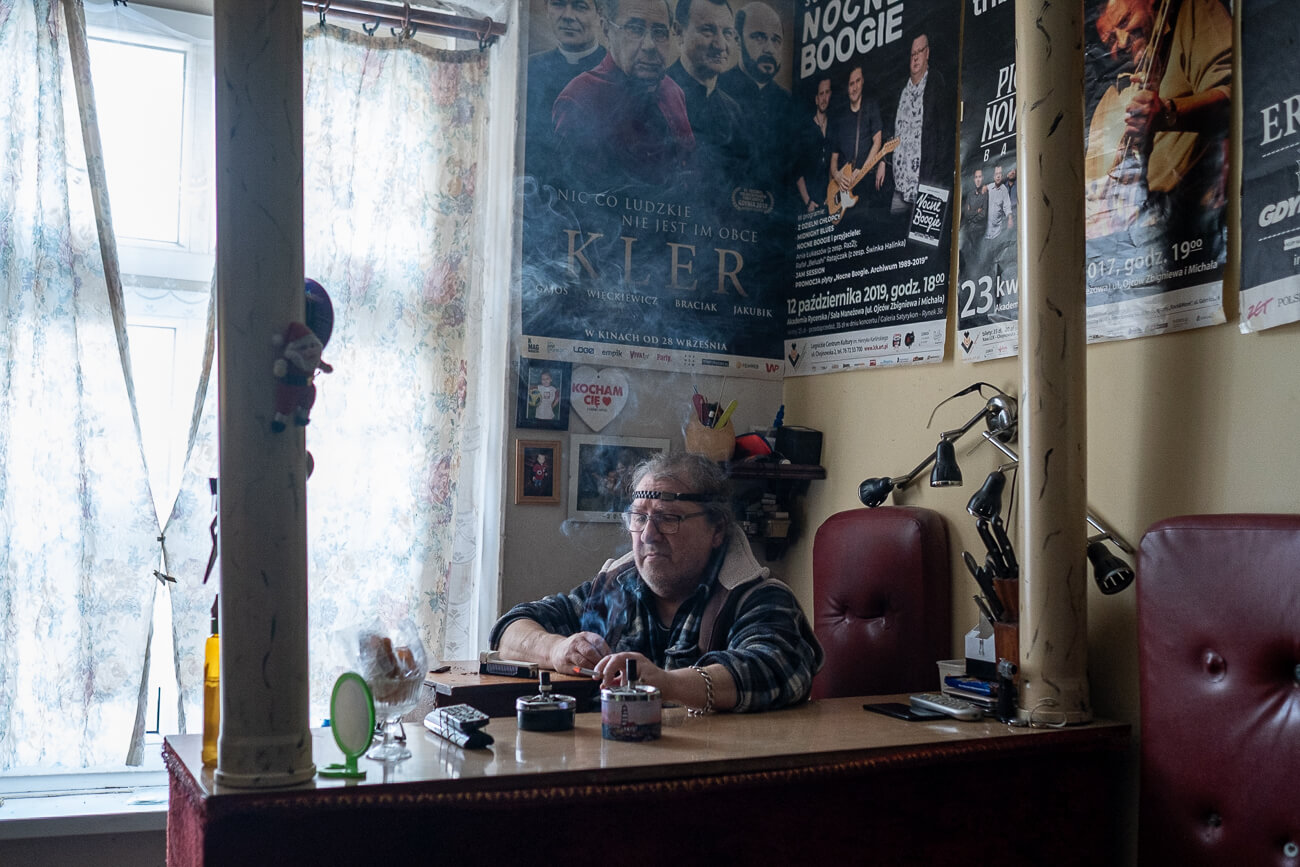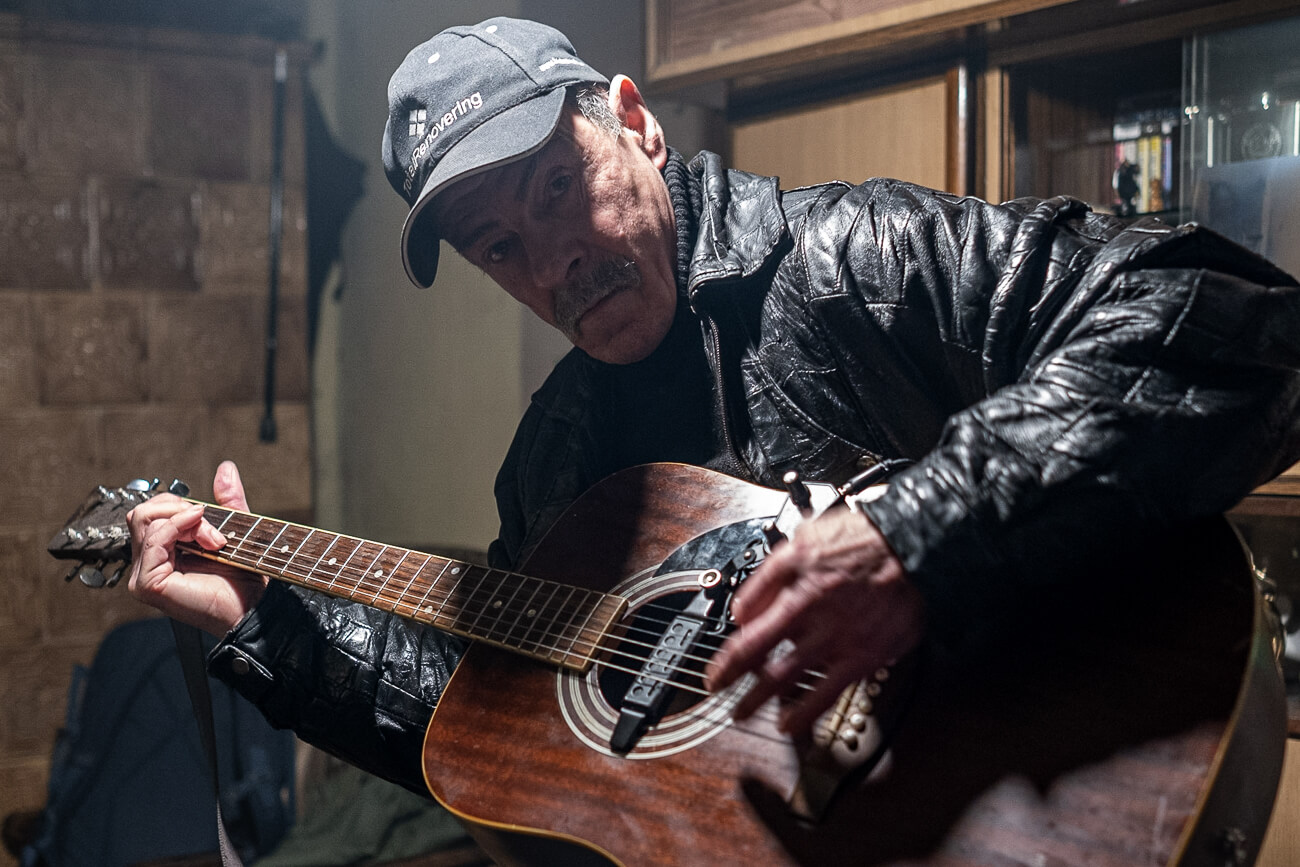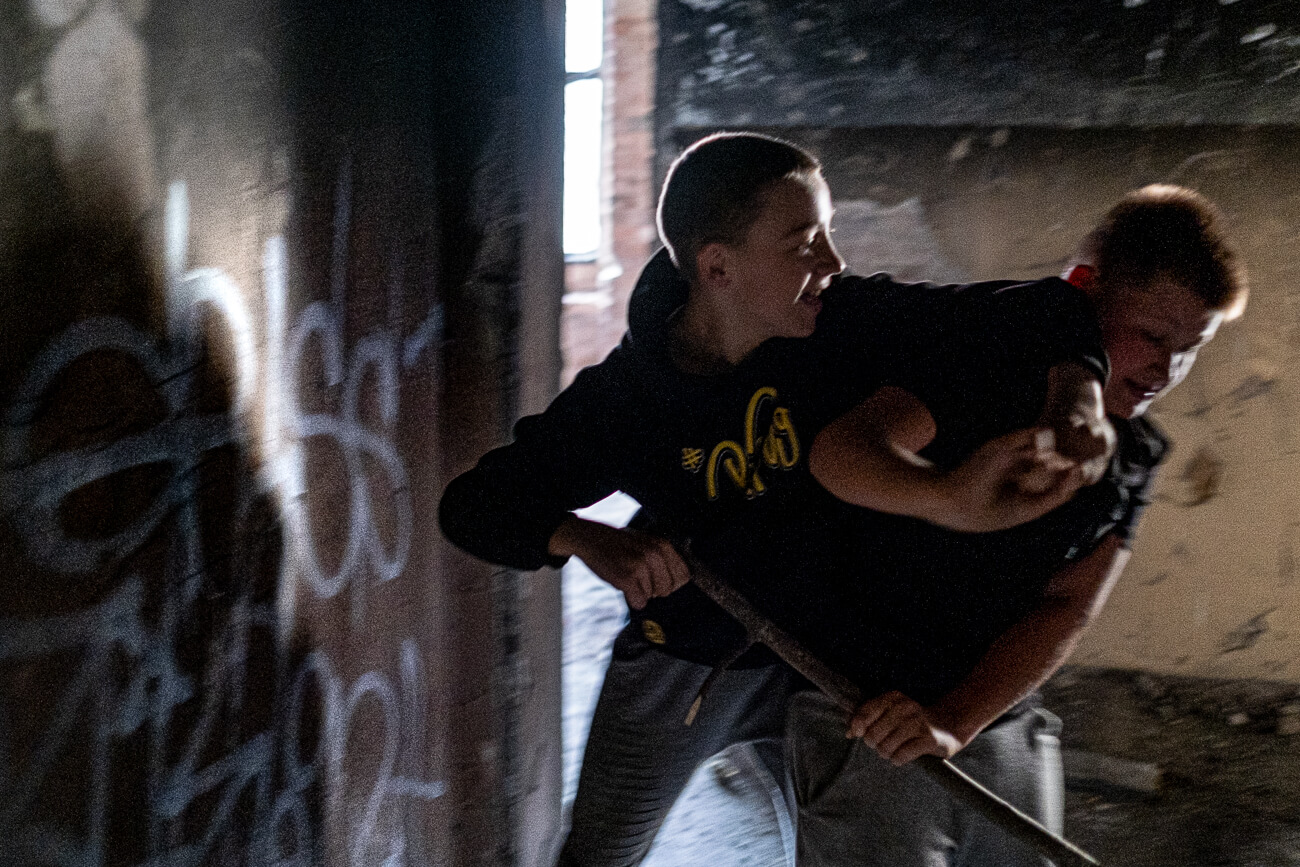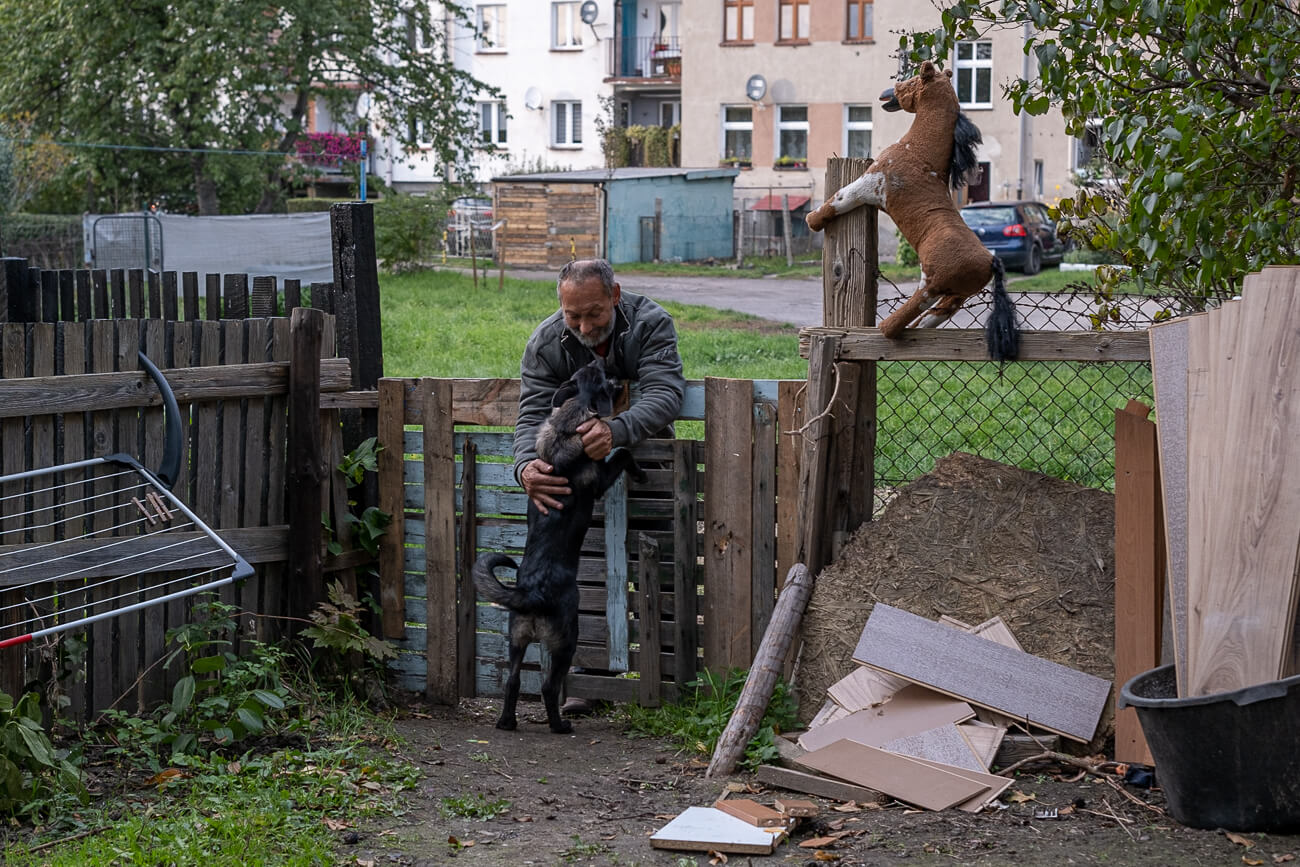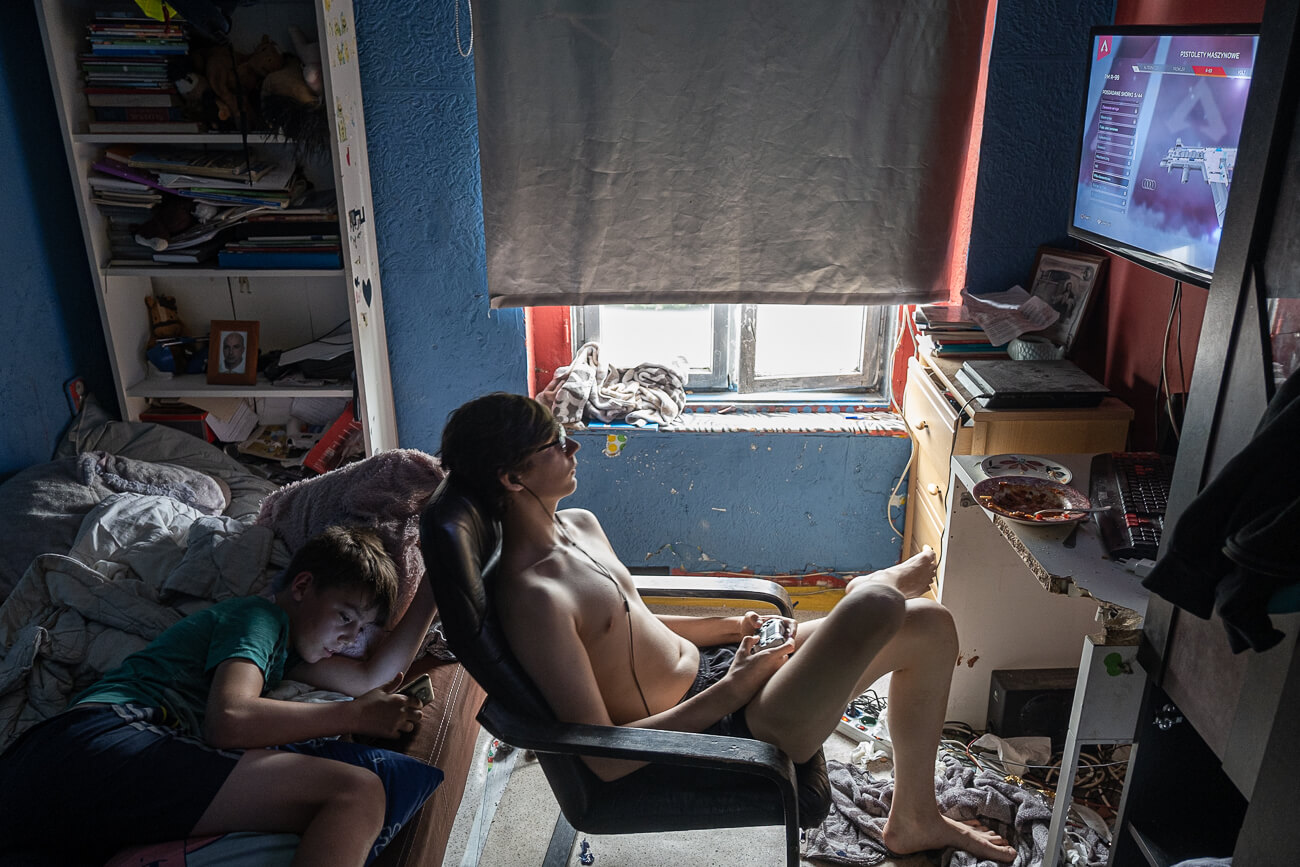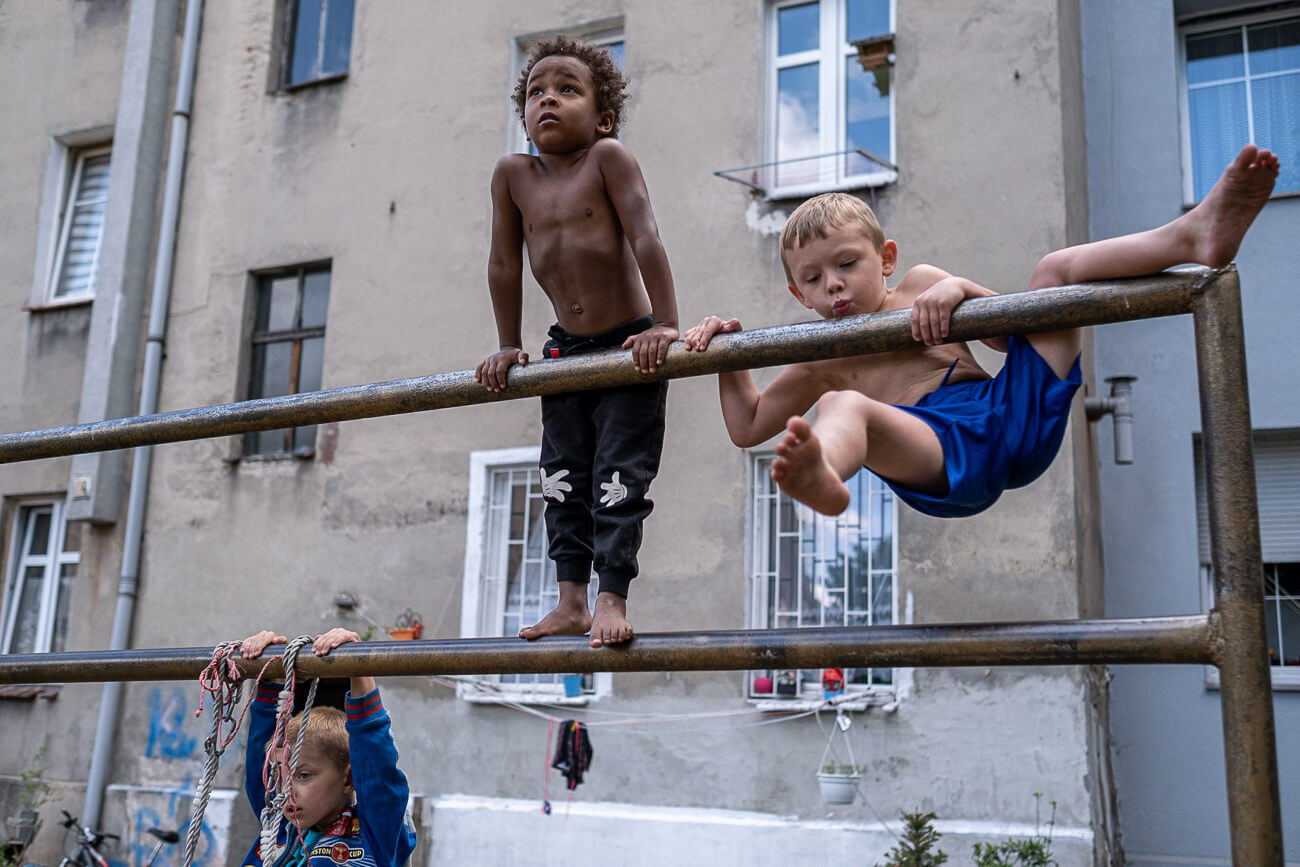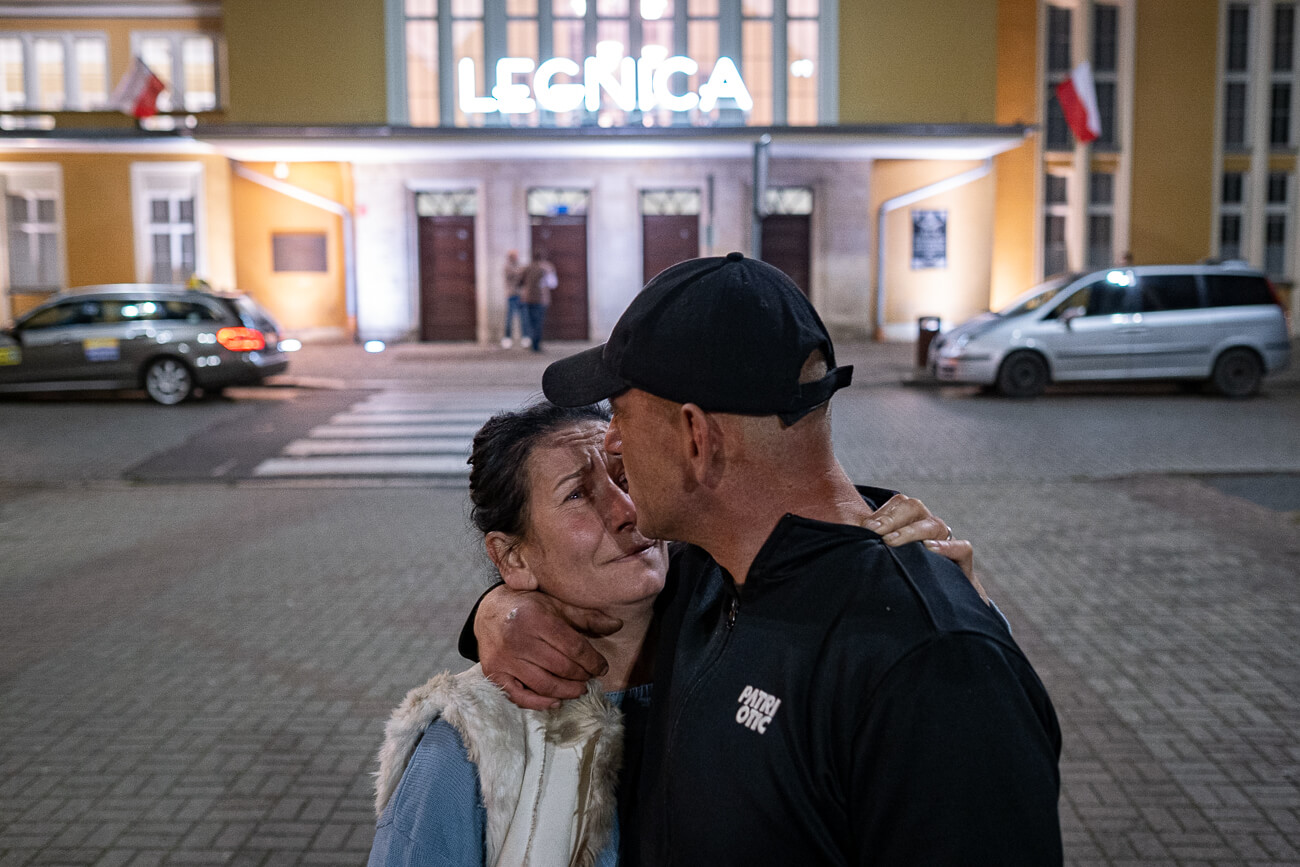The story starts in a middle-sized town of Legnica, located in the southwest of Poland. It should have been
unremarkable, but after World War II it had the dubious pleasure of stationing some 60,000 Soviet soldiers,
who more or less dictated the town's life.
During these difficult times, which ended very late in 1993, a small district called Zakaczawie (named from
the local river) incidentally became a refuge for Poles' native life. Among the families of Polish railwaymen
and strong Romani community relocated into the district by Communists, small businesses, cafes, pubs and
cultural venues thrived, despite the dark shadow of the Soviet garrison.
When the Curtain fell and the Soviets finally went away, the town of Legnica finally breathed a sigh of relief.
Zakaczawie district wasn't especially lucky though. It's being left out by dynamics of Polish capitalism,
omitted by investments and falling into disrepair.
The ''Miracle District'' nickname of Zakaczawie gained a bitter and ironic edge, but generations of its citizens
still retain a strong sense of community. There's crime, poverty and turbulent biographies being written by
commercial exclusion, but many people actively decide to stay there despite the challenges. Contemporary
Zakaczawie is a living witness of the winds of change, the whims of history putting the social microcosm of
its citizens to new tests. It's not easy for them, but they have to live with it, and they do, mostly by simply
staying together.
This project aims to show that among the very visual poverty and dilapidation of the Miracle District, there
are humans - families, friends, neighbors - trying to live their best. The author spent two years between
them to go deep beyond the grim appearances, to understand these people as fully as possible, to become
a witness - and to show to the world - their everyday, colorful lives, giving them an outward voice.
Amadeusz Świerk
Amadeusz Świerk (born in 1995) is a documentary photographer based in Wrocław, Poland. Amadeusz
strives to be an honest witness of the world. His work is often oriented on minorities - social, ethnic,
religious and based on genuine experience of other human and his culture.
Interested in ethnicity and natural way of living, he has done projects about Iranian nomads and informal
subculture of people escaping society grown around wooden hut located in Polish mountains. Currently he is
working on projects about a (in)famous district in the small town of Legnica, opioid addicts and personal,
about his family.
